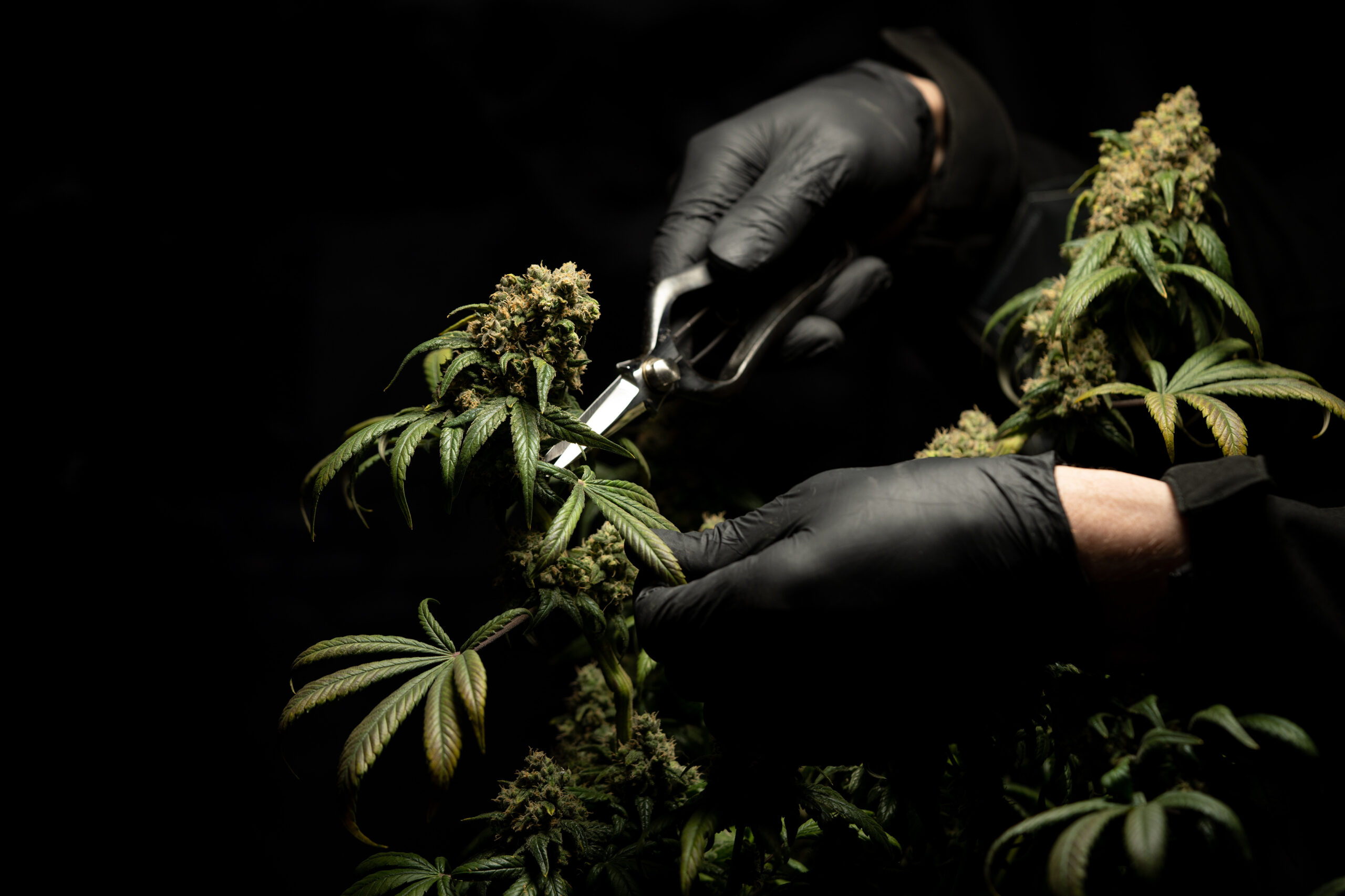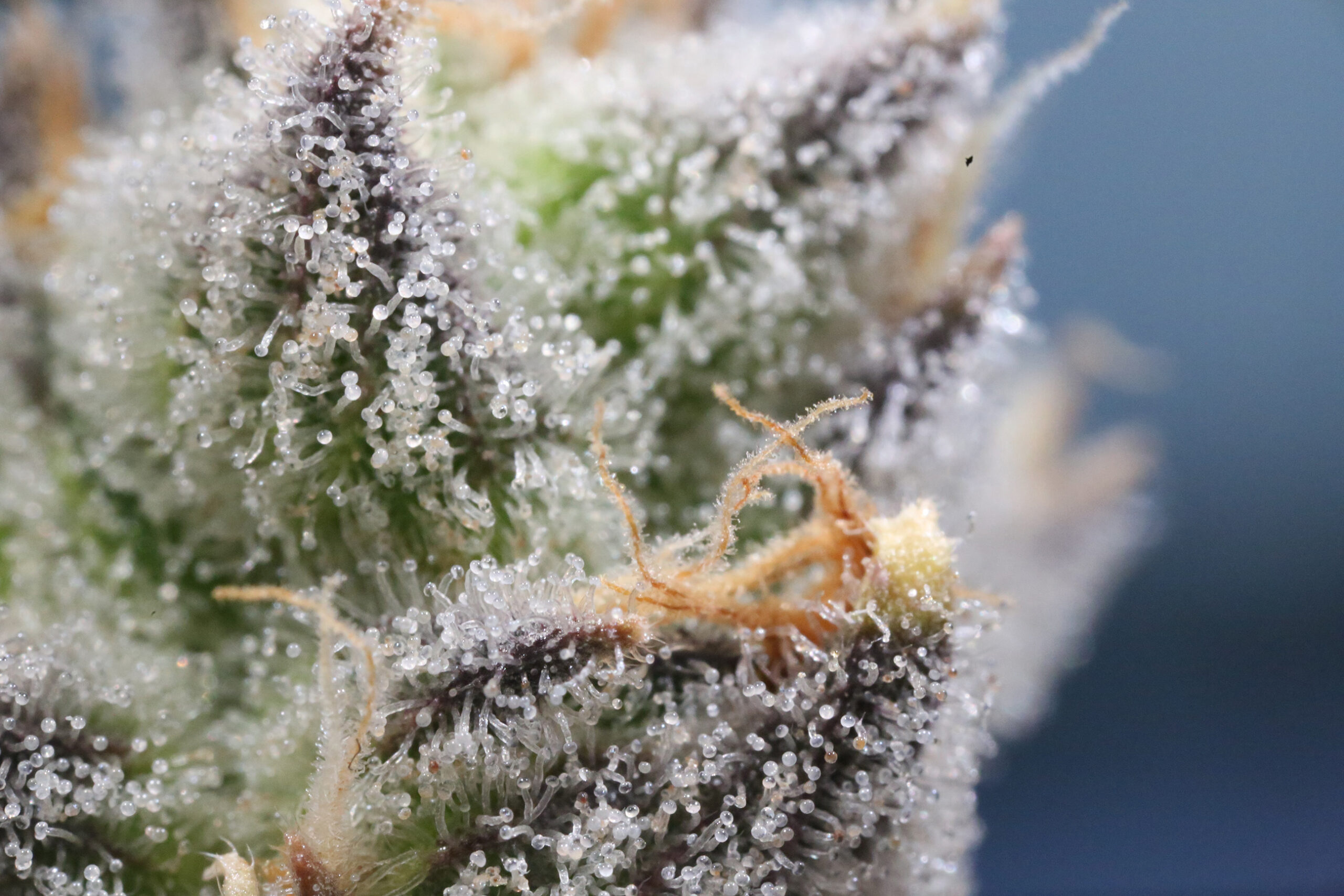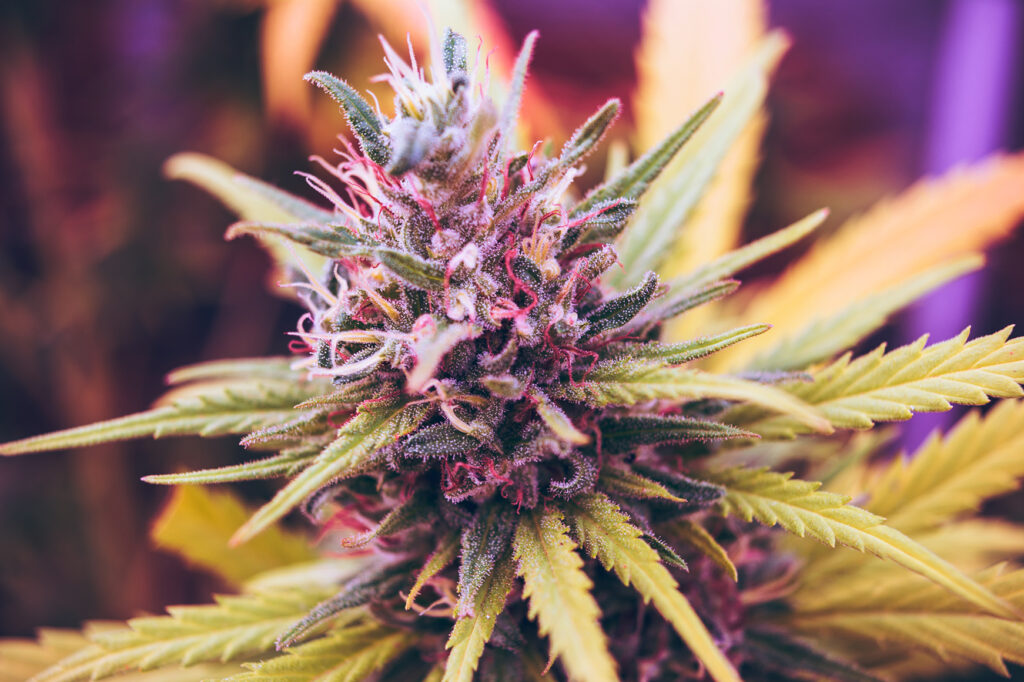Cannabis has several effects on the body, which can vary depending on the type of cannabis, the dose, and how it’s consumed. The distinction between recreational and medical marijuana is also important. As many people know, cannabis can induce feelings of relaxation or euphoria, known as being high or stoned. Some studies also suggest that cannabis may improve sleep quality or prevent chronic pain. Understanding what chemicals in cannabis affect the brain and body in different ways can help people choose the best strain and consumption method based on their needs.
What are endocannabinoids?
The endocobantinoids are a group of lipids (a type of fat) that occur naturally in the body. They have a variety of functions, including regulating pain, mood, memory and appetite. Cannabinoids are substances made from cannabis that affect the same systems as endocannabinoids. When someone smokes marijuana or eats an edible containing cannabinoids, it stimulates these receptors.

CB1 Receptors in the Brain
The CB1 receptors in our brain are responsible for the psychoactive effects of marijuana. They also play a role in our appetite, mood, pain perception, immune function, sleep cycles and memory. THC triggers these receptors by hijacking anandamide molecules in our body. Anandamide is an endogenous cannabinoid neurotransmitter that binds to these CB1 receptors.
CB2 Receptors on Cells
Cannabis contains a number of cannabinoids, one of which is delta-9-tetrahydrocannabinol or THC. THC binds to CB1 receptors in the brain, which causes a euphoric response. Another cannabinoid, cannabidiol (CBD), also binds to CB1 receptors but doesn’t have psychoactive effects. CBD is thought to reduce anxiety and lessen psychosis symptoms. The endocannabinoid system regulates many aspects of our bodies including sleep patterns, memory, appetite, mood, bone density, immune response, and fertility. This system consists of cannabinoid receptors on cells throughout our bodies as well as chemicals that bind with these receptors. These include endocannabinoids (produced by our bodies) and phytocannabinoids like THC (found in cannabis).
The Benefits of Cannabinoids
Cannabinoids are responsible for many of the effects of cannabis, both therapeutic and psychoactive. Cannabinoids act on receptors in cells that regulate neurotransmitter release, affecting things like mood, pain sensation, appetite, memory, and muscle control. THC is the most well-known cannabinoid because it produces psychoactive effects or a high feeling.
Cannabis can be used to treat many illnesses such as chronic pain, mental health issues like anxiety disorders or post-traumatic stress disorder (PTSD), nausea from chemotherapy treatment for cancer patients, and sleep disorders like insomnia. Medical marijuana is a more potent form of cannabis and can be especially helpful here. Some also find it supportive when they have difficulty falling asleep at night.

Why Use Cannabinoids for Health?
Cannabinoids, a group of chemical compounds found in marijuana, are becoming popular for health reasons. Cannabinoids interact with receptors on cells that regulate aspects of our immune system, nervous system, and hormonal systems. This is what makes them so great for treating chronic pain conditions like arthritis. They can also be used to treat nausea, vomiting or lack of appetite due to chemotherapy treatments or AIDS.
The endocannabinoid system (ECS) is the largest receptor system in our body. It is made up of cannabinoid receptors that are primarily located on cells in the brain and central nervous system as well as other organs throughout our bodies.
The Future of Medical Marijuana
Medical marijuana is being legalized all over the world, but there are still many unanswered questions about its effects. One thing that is known is that cannabis interacts with a variety of receptors in our body, such as CB1 receptors in our brain. These receptors are important to how we experience cannabis because they make us feel high. It’s possible that when doctors prescribe medical marijuana for patients with anxiety or depression, their patients will feel less depressed or anxious because of these CB1 receptors.

